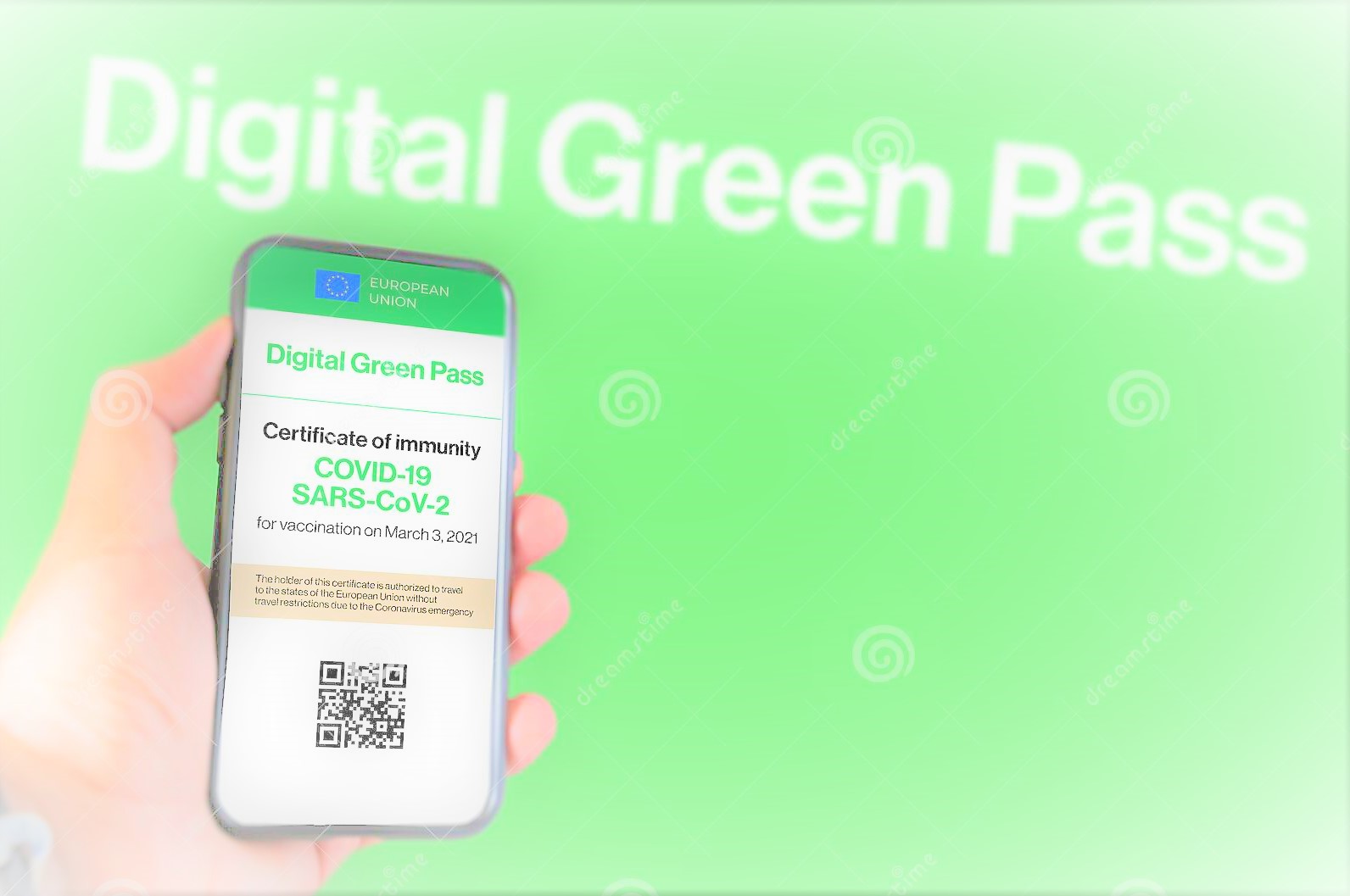In arrivo il Certificato Verde Digitale: un sostegno alla mobilità intra-UE
E' pronto, e dal 15 giugno sarà disponibile in formato digitale e cartaceo. Il Certificato Verde Digitale contiene nel suo stesso nome il simbolo della speranza di tornare alla normalità.





